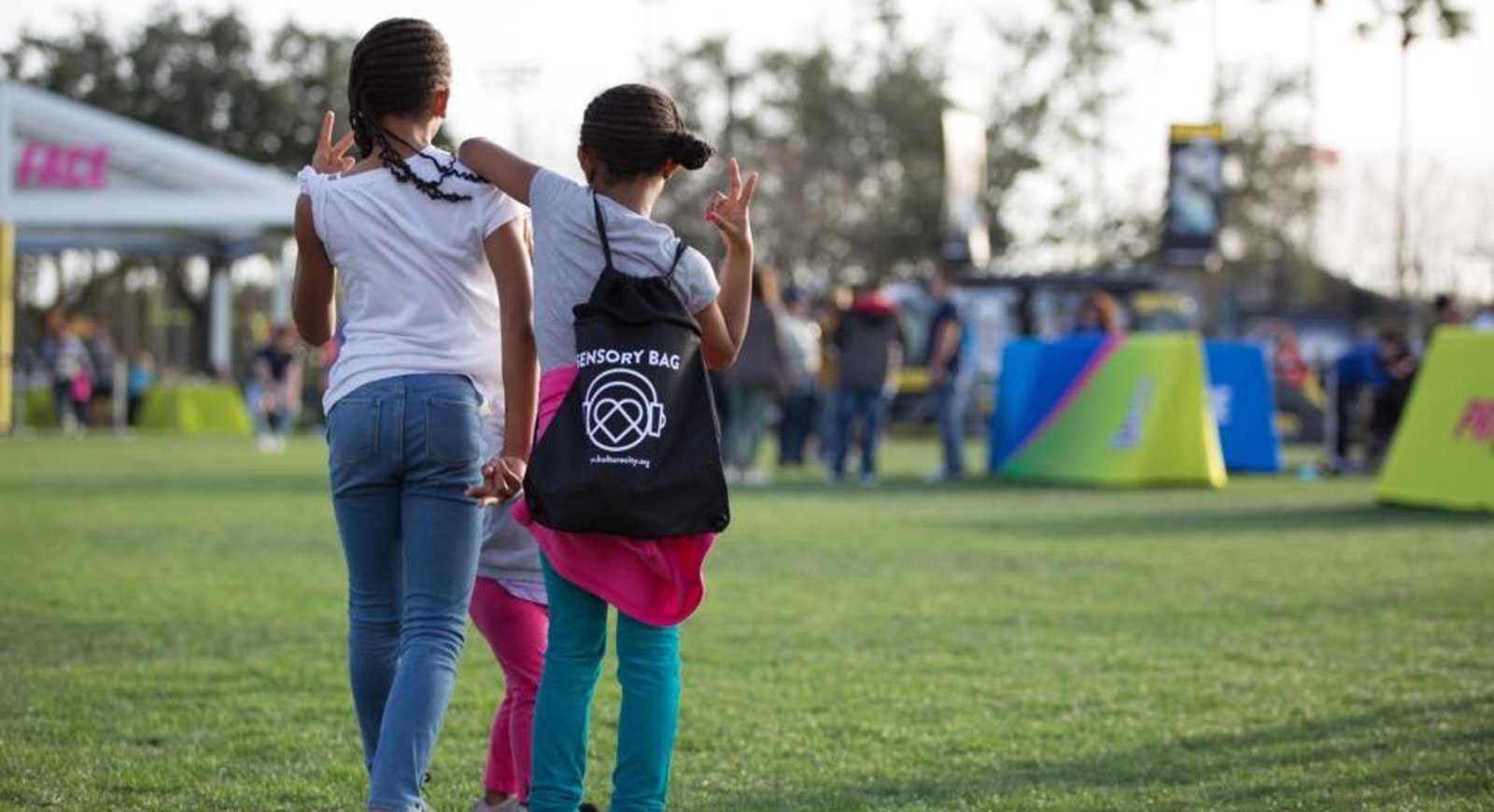 They have all the resources necessary, specialized to the individual learning of each child, and the heart that goes with it. I don't think we would have stayed in Ohio if it wasn't for JB!
They have all the resources necessary, specialized to the individual learning of each child, and the heart that goes with it. I don't think we would have stayed in Ohio if it wasn't for JB! 
JB Parent
Now enrolling!
Apply today for the 2025-26 and 2026-27 school years!
Apply today for the 2025-26 and 2026-27 school years!
Apply today for the 2025-26 and 2026-27 school years!
Apply today for the 2025-26 and 2026-27 school years!
Apply today for the 2025-26 and 2026-27 school years!
Apply today for the 2025-26 and 2026-27 school years!
Apply today for the 2025-26 and 2026-27 school years!
Apply today for the 2025-26 and 2026-27 school years!
Apply today for the 2025-26 and 2026-27 school years!
Apply today for the 2025-26 and 2026-27 school years!
Apply today for the 2025-26 and 2026-27 school years!
Apply today for the 2025-26 and 2026-27 school years!
Apply today for the 2025-26 and 2026-27 school years!
Apply today for the 2025-26 and 2026-27 school years!
Apply today for the 2025-26 and 2026-27 school years!
Apply today for the 2025-26 and 2026-27 school years!
Apply today for the 2025-26 and 2026-27 school years!
Apply today for the 2025-26 and 2026-27 school years!
Apply today for the 2025-26 and 2026-27 school years!
Apply today for the 2025-26 and 2026-27 school years!
Apply today for the 2025-26 and 2026-27 school years!
Apply today for the 2025-26 and 2026-27 school years!
Apply today for the 2025-26 and 2026-27 school years!
Apply today for the 2025-26 and 2026-27 school years!
Apply today for the 2025-26 and 2026-27 school years!
Apply today for the 2025-26 and 2026-27 school years!
Apply today for the 2025-26 and 2026-27 school years!
Apply today for the 2025-26 and 2026-27 school years!
Apply today for the 2025-26 and 2026-27 school years!
Apply today for the 2025-26 and 2026-27 school years!
Apply today for the 2025-26 and 2026-27 school years!
Apply today for the 2025-26 and 2026-27 school years!
Apply today for the 2025-26 and 2026-27 school years!
Apply today for the 2025-26 and 2026-27 school years!
Apply today for the 2025-26 and 2026-27 school years!
Apply today for the 2025-26 and 2026-27 school years!
Apply today for the 2025-26 and 2026-27 school years!
Apply today for the 2025-26 and 2026-27 school years!
Apply today for the 2025-26 and 2026-27 school years!
Apply today for the 2025-26 and 2026-27 school years!
Apply today for the 2025-26 and 2026-27 school years!
Apply today for the 2025-26 and 2026-27 school years!
Apply today for the 2025-26 and 2026-27 school years!
Apply today for the 2025-26 and 2026-27 school years!
Apply today for the 2025-26 and 2026-27 school years!
Apply today for the 2025-26 and 2026-27 school years!
Apply today for the 2025-26 and 2026-27 school years!
Apply today for the 2025-26 and 2026-27 school years!
Apply today for the 2025-26 and 2026-27 school years!
Apply today for the 2025-26 and 2026-27 school years!
Campuses
Welcome to Julie Billiart Schools, a family of K-8 coeducational, catholic schools for children with learning and social differences.
OverviewInterested in Enrollment?
Take the Next Step
Monday, January 25, 2021
By Matt Christensen
A good school doesn’t just plan your child’s day-to-day progress - it helps you start planning their future, and never stops. Every day is a chance for growth and achievement, and an opportunity to help your child move closer to his or her individual academic and social goals. If you’re familiar with special education, you’re well-acquainted with the term IEP - Individualized Education Program. But, you may not know exactly how a properly-implemented IEP can benefit your child.
Students with special needs face unique challenges. Whether they be academic, social, or behavioral, these challenges are what effective teachers and specialists excel at helping your child navigate and overcome. And every year, when your child’s IEP team meets to evaluate his or her progress, you should feel welcomed and encouraged. Even though IEPs are standard for students with special needs, they’re all as individual as the students themselves. Here’s what an enjoyable, effective IEP experience can look like.
1. Relationships are the priority
At the heart of every student success story are positive relationships. Not just between the student and his or her teachers and peers, but between the entire learning community that provides support throughout the journey. During your child’s IEP meeting, you won’t just get to know this community - you’ll become a part of it. No one knows your child better than you do, and the jobs of educators, therapists and administrators is to ensure that every tool and strategy available is used to help your child succeed. To cultivate and harness that potential, an effective staff will work closely with you - rather than for you - as a part of the team rooting for your child’s success.
2. The focus is on needs, not expectations
Special education students are part of an extraordinary population of individuals whose needs are truly unique. And while the entire approach to helping those students succeed is goal-driven, the most valuable discoveries are the tools and paths that work for your child - as an individual - so that his or her success can continue beyond the grade school level. At your child’s IEP meeting, collaboration on maintaining success in the classroom is viewed as a constant process. By working with educators, you’ll learn what types of strategies work and don’t work for your child, so that they can be honed as early and often as possible to create capability, instead of dependency.
3. SMART goals are the standard
SMART stands for: Specific, Measurable, Attainable/Achievable, Relevant, and Timely. By making your child’s academic, social, and behavioral goals as clear as possible, they become more achievable. Breaking them down into these categories will allow the celebration of achievements and the identification of challenges as they arise, all while maintaining a larger focus on overall growth. Because SMART goals are proven to highlight challenges, they allow us to focus on your child’s specific instructional needs. And, at your IEP meeting, these needs will be explained in a way that helps everyone (you included!) plan for a successful academic and behavioral future.
4. Creativity is embraced
While an IEP is a legal document, it’s not barred from creative thinking. You may have heard the term “differentiated instruction” with regard to special education. Basically, it’s an acknowledgement of the fact that every student learns differently. Every student has specific aptitudes and talents that make his or her educational journey unique. An IEP meeting is the perfect time to discuss your child’s interests, likes, dislikes, and any other relevant information that will help educators appeal to his or her unique learning style. In addition, learning more about your child as a person allows educators to think outside the box, modify requirements, or do whatever else is necessary to help your child succeed. Some methods of differentiated instruction and/or accommodation include:
5. You get to know everyone
At least, everyone involved in your child’s educational journey. While your child’s IEP meeting may not be attended by every single one of his/her/their teachers, you will be acquainted with every aspect of their progress monitoring plan, and how the collective school staff will help your child succeed. In short, you should leave your child’s IEP meeting knowing exactly who will be guiding, assessing, and encouraging your child every step of the way. And, if you have any questions or concerns, they can be addressed by specific personnel, including the teachers, therapists and administrators who will be working with your child.
6. Reasoning is explained and clarified
IEPs can be confusing. They’re filled with acronyms, jargon and legal language that is necessary, but not always clear. Understandably, it’s frustrating when a recommendation is made for your child and you don’t know why. And it’s important to know that you have the right to ask any questions you may have before, during, or after the IEP meeting. An effective IEP will consist of recommendations made deliberately, and with explicit purpose. Explaining the premise of each goal, objective and strategy is how educators establish trust with you and your child. When students (and parents) understand the thoughtfulness behind a proposal, everyone involved becomes a member of a team working toward common goals. Through clarity and cooperation, those goals can be accomplished.
7. Your feedback is welcomed
Though your child’s primary role at school is that of a student, children have rich social and emotional lives outside of the classroom. By seeking and embracing new ways to help students reach their potential in every part of their daily lives, in and out of the classroom, they can grow beyond any perceived limits. Learning how they study, behave, and interact with peers during non-school hours is essential to their growth, and lets your IEP team know what’s working, and what’s not. There’s no better source for that information than you.
Julie Billiart has been working with families for more than 60 years to ensure that their children’s needs are acknowledged and met. Thanks to the hundreds of students who have passed through our halls, we’ve learned to grow and refine our strategies to ensure each child is given the tools and encouragement to succeed. To learn more about exactly how Julie Billiart personifies the ideal IEP process, and seeks to guide your child through a growing, fulfilling education, contact our admissions team at admissions@jbschool.org.

Helpful Terms When Navigating Special Education
Jan 12, 2022
We understand that special education can feel like alphabet soup at times. That’s why we put t...
Continue Reading
Gearing Up For Summer
Aug 05, 2020
As Memorial Day approaches and marks the official start to Summer, here are a few safety (and sanity...
Continue Reading
Sensory Inclusive Spots in Northeast Ohio to Visit this Summer
Aug 05, 2020
Photo Credit: Image courtesy of Kulture City Sensory-Inclusive Activities Akron Zoo The Akron Z...
Continue Reading